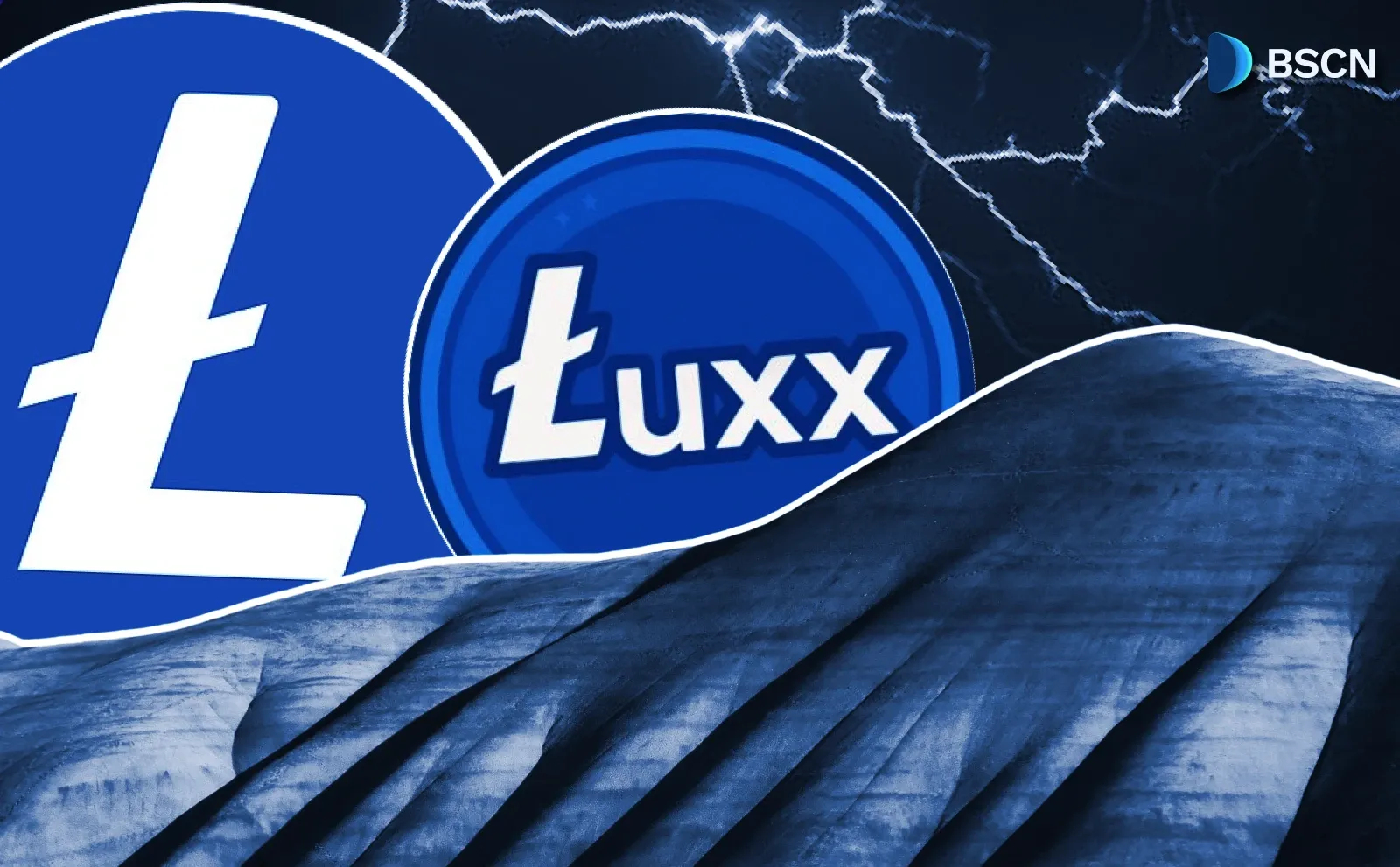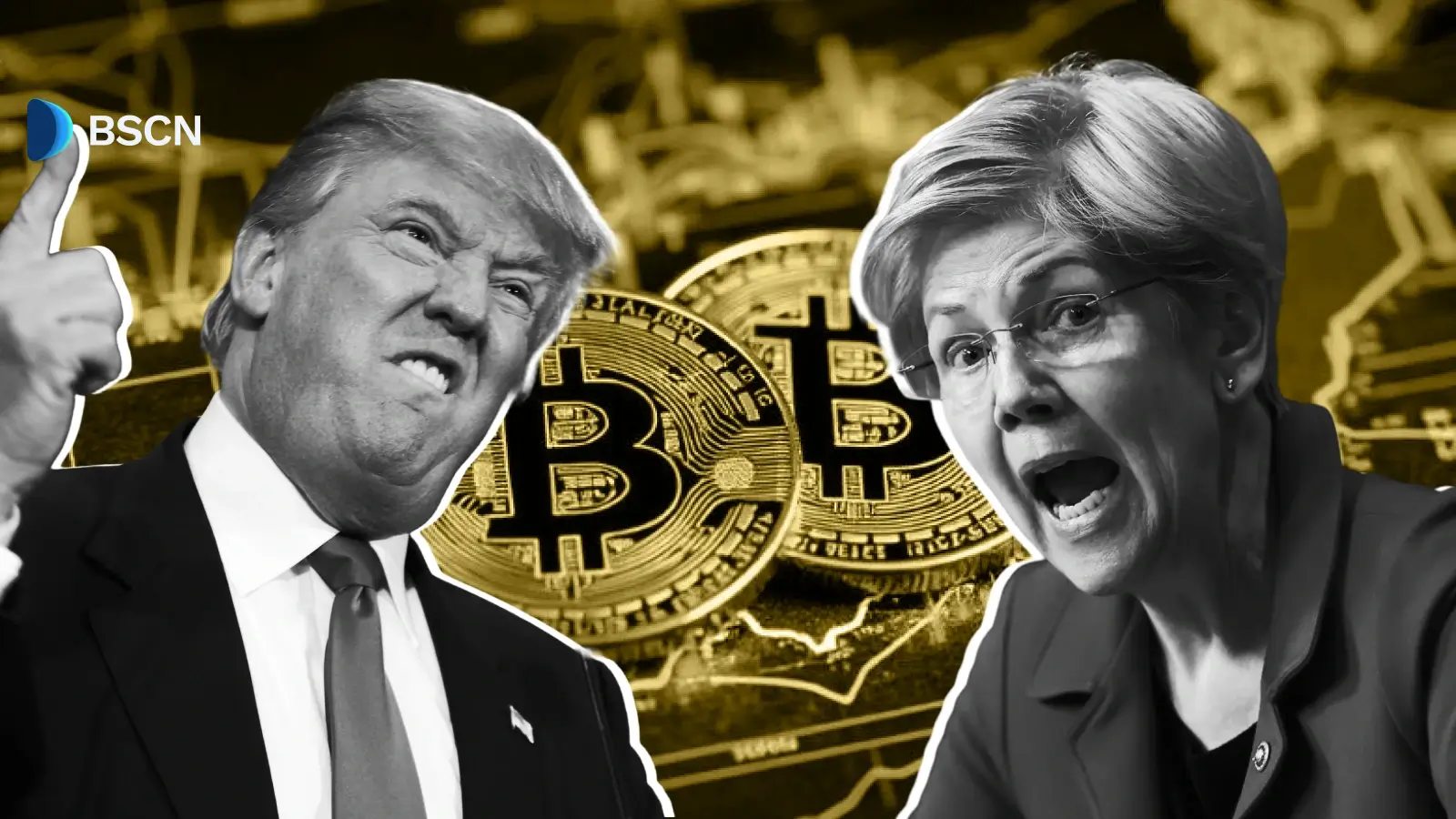What is Trump’s “Crypto Week” and the GENIUS Act — and Why Do They Matter?

“Crypto Week” marks a critical moment as the US House of Representatives pushes forward three major cryptocurrency bills—the GENIUS Act, the Clarity Act, and the Anti-CBDC Surveillance State Act.
Soumen Datta
July 17, 2025
Table of Contents
In a pivotal week for the digital asset industry, U.S. lawmakers returned to Capitol Hill under the banner of what has been dubbed “Crypto Week.”
At the center of the legislative push is the GENIUS Act — a bill with the potential to reshape stablecoin regulation in the United States, alongside two more proposals that may define the country’s crypto stance for years to come.
Driven by renewed political support from President Donald Trump and Republican lawmakers, this week’s proceedings could deliver long-awaited regulatory clarity and help transform the U.S. into a global crypto hub.
Why “Crypto Week” is Happening Now
For years, the crypto industry has complained of mixed signals from regulators. The Securities and Exchange Commission (SEC) under former US President Joe Biden aggressively targeted crypto firms, filing lawsuits against some of the biggest names in the space. This regulatory crackdown led to capital flight, halted innovation, and pushed many companies to look overseas.
Now, Republicans backed by Trump have made a major shift. Beginning July 14, the U.S. House of Representatives set out to debate three crypto-focused bills designed to bring structure to a space long governed by uncertainty. The goal is to replace enforcement-first policy with clear rules that encourage innovation and protect investors.
The package includes:
- GENIUS Act — Regulation for stablecoins
- CLARITY Act — Defines crypto market structure
- Anti-CBDC Surveillance State Act — Bans direct CBDC issuance to the public
What is the Genius Act?
The Guiding and Establishing National Innovation for U.S. Stablecoins (GENIUS) Act is the cornerstone of the legislative package. Already passed by the Senate, it’s now one step from becoming law — needing only a House vote before it reaches Trump’s desk.
This bill would set strict reserve requirements for stablecoin issuers. That means companies offering fiat-backed digital currencies would need to hold equivalent cash or low-risk assets, ensuring stability and trust. This is especially critical after incidents like the TerraUSD collapse, which wiped billions from the market.
The GENIUS Act also seeks to end confusion about whether stablecoins fall under banking, securities, or commodities laws. By setting clear boundaries, the bill aims to attract institutional capital and promote responsible innovation.
The Clarity Act
Next in the lineup is the Digital Asset Market Clarity Act — or just “Clarity.” This proposal tackles one of the thorniest problems in U.S. crypto regulation: Who regulates what?
The Clarity Act draws a clear line between the SEC and the Commodity Futures Trading Commission (CFTC) — something the industry has long demanded. It would designate how crypto tokens are treated under law and prevent regulators from expanding their authority based on court decisions alone.
The bill’s backers say this would bring predictability to digital asset markets, helping U.S.-based companies build and operate without fear of surprise enforcement actions. Critics, however, warn it could weaken consumer protections and allow bad actors to slip through cracks.
The Anti-CBDC Surveillance State Act
The third bill seeks to ban the Federal Reserve from issuing a central bank digital currency (CBDC) directly to individuals. The move comes amid growing fears that a government-backed digital dollar could enable mass surveillance of Americans’ financial activity.
Trump-aligned Republicans have seized on the issue, branding a future CBDC as a "surveillance dollar." They argue it threatens privacy, gives the state excessive control over money, and opens the door to censorship.
While the Fed has researched a potential CBDC, it has not committed to launching one. Still, the debate is intensifying as other nations like China roll out state-backed digital currencies of their own.
Why is the Market Watching?
Bitcoin’s rally past $122,000 this week, along with Ethereum’s climb above $3,000, shows how closely traders are watching Washington. Markets surged on speculation that pro-crypto legislation might finally move forward after years of uncertainty.
The total crypto market cap has ballooned to $3.7 trillion, according to CoinMarketCap, as optimism returns. Industry leaders say that clear regulations — even if imperfect — would unlock sidelined capital and increase adoption.
"This growing optimism suggests that clearer rules could restore trust and bring cautious investors back into the fold,” said Adrian Fritz, Head of Research at 21Shares.
Who Stands to Benefit?
Stablecoins, more than any other segment, could see the biggest lift. With clear licensing requirements and reserve standards, firms like Circle (issuer of USDC) and Coinbase are likely to dominate the space.
Institutional players such as asset managers and hedge funds have also suggested that regulatory clarity is a prerequisite for large-scale participation. That means more trading volume, more innovation, and deeper liquidity.
“This [The Clarity Act] should help improve counterparty risk, improve liquidity, and improve the ability for investors seeking risk managed solutions to get them in well regulated vehicles," said Tony Fenner-Leitão, president at Cambrian Asset Management.
Critics Push Back
Democrats have strongly opposed all three bills, accusing Republicans of handing crypto firms a free pass. Rep. Maxine Waters called the legislation "dangerous" and said it would unravel decades of financial protections.
Senator Elizabeth Warren echoed the concern, warning that weak crypto rules could allow bad actors to exploit the system and launder funds undetected. She’s also pushing for tighter anti-money laundering laws that apply to crypto wallets.
Democrats argue that these bills favor industry profits over consumer safety and fail to hold crypto players accountable. They’ve vowed to introduce amendments and delay final passage.
What Happens Next?
After a failed vote earlier this week, momentum shifted on Wednesday when the House voted 215–211 to revive the crypto bills. With Trump’s backing and Republican control of the House, at least one bill — the GENIUS Act — now looks likely to become law.
The others may face tougher battles in the Senate, especially if Democrats close ranks. Still, “Crypto Week” marks the boldest effort yet to legislate the future of digital finance in the United States.
For an industry that once considered leaving the country, this could be a defining moment.
Read Next...
Disclaimer
Disclaimer: The views expressed in this article do not necessarily represent the views of BSCN. The information provided in this article is for educational and entertainment purposes only and should not be construed as investment advice, or advice of any kind. BSCN assumes no responsibility for any investment decisions made based on the information provided in this article. If you believe that the article should be amended, please reach out to the BSCN team by emailing [email protected].
Author
 Soumen Datta
Soumen DattaSoumen has been a crypto researcher since 2020 and holds a master’s in Physics. His writing and research has been published by publications such as CryptoSlate and DailyCoin, as well as BSCN. His areas of focus include Bitcoin, DeFi, and high-potential altcoins like Ethereum, Solana, XRP, and Chainlink. He combines analytical depth with journalistic clarity to deliver insights for both newcomers and seasoned crypto readers.
Crypto Project & Token Reviews
Project & Token Reviews
Comprehensive reviews of crypto's most interesting projects and assets
Learn about the hottest projects & tokens
Latest Crypto News
Get up to date with the latest crypto news stories and events

















